 By Craig Rogan, Nicolet National Bank
By Craig Rogan, Nicolet National Bank
Welcome to June 2023, an almost 360-degree turn on milk prices when compared to a year ago. In June 2022, we had a class III settling price of $24.33 per CWT. As of June 27, 2023 current class III milk price is $14.92 per CWT, a decrease of $9.41 per CWT. The current class III milk price may have your customers thinking like Chicken Little. Surprisingly, when everything may seem out of control, farmers may have more control than they think.
A jigsaw puzzle has hundreds — sometimes thousands — of pieces to complete. Unlike a puzzle that has the image on the box, farmers must create their own picture of profitability. There are tools available to complete this picture to maintain positive margins and profitability. To protect income prices DRP and LGM insurance, straight contracts through milk plant or commodity broker and DMC through USDA are pieces that can be used. If feed and capacity are available in existing facilities, adding cows can create additional efficiencies and income to minimize the decrease in milk income. Farmers create pieces to protect their expenses through contracting mineral, fuel, seed, pre-paid feed, and fertilizer, to name just a few. Selling unused equipment or land also can be utilized as pieces to create their puzzle. A hedging account may be necessary from their bank to utilize and create pieces if the farm qualifies. The puzzle pieces create a complete picture when a farm is open to the market and margins are naturally profitable. These pieces or tools become more valuable in a decreasing income environment like we are seeing today.
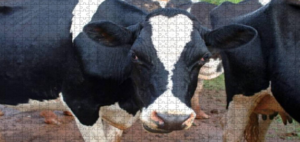 A farm open to the market where income continues to decline greater than expenses could find its puzzle pieces in disarray. In this scenario a farm may have a significant portion of their expenses locked in — just like the larger blue connected area of this puzzle. Income could be compared to the smaller colorful section in the middle — a lesser percentage is locked in than expenses; therefore, not protecting the full margin, only a portion. A significant number of stray pieces remain that are needed to complete this puzzle.
A farm open to the market where income continues to decline greater than expenses could find its puzzle pieces in disarray. In this scenario a farm may have a significant portion of their expenses locked in — just like the larger blue connected area of this puzzle. Income could be compared to the smaller colorful section in the middle — a lesser percentage is locked in than expenses; therefore, not protecting the full margin, only a portion. A significant number of stray pieces remain that are needed to complete this puzzle.
The completed picture of profitability is what we all strive for with the operations we work with. Continue to be an integral piece of the puzzle to complete their image. At times you will be needed to set the corner pieces to get the puzzle started, but ultimately the farming operations will need to take the time and effort to complete the puzzle and remain profitable.
Rogan is vice president – agricultural banking officer at Nicolet National Bank in Stevens Point. Rogan also serves as the 2023–2024 Chair of the WBA Agricultural Bankers Section Board of Directors.

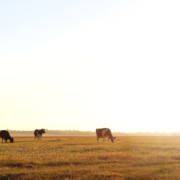
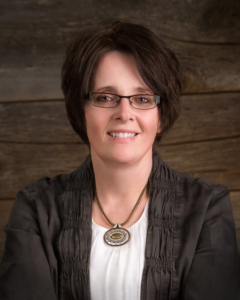 By Darla Sikora, Citizens State Bank of Loyal
By Darla Sikora, Citizens State Bank of Loyal
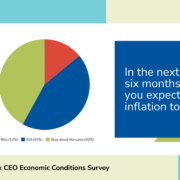
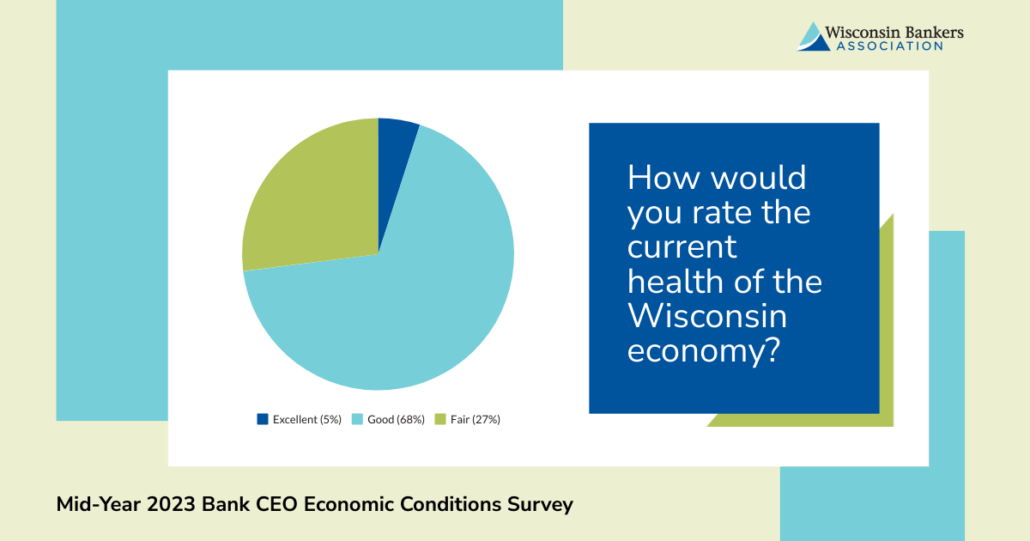
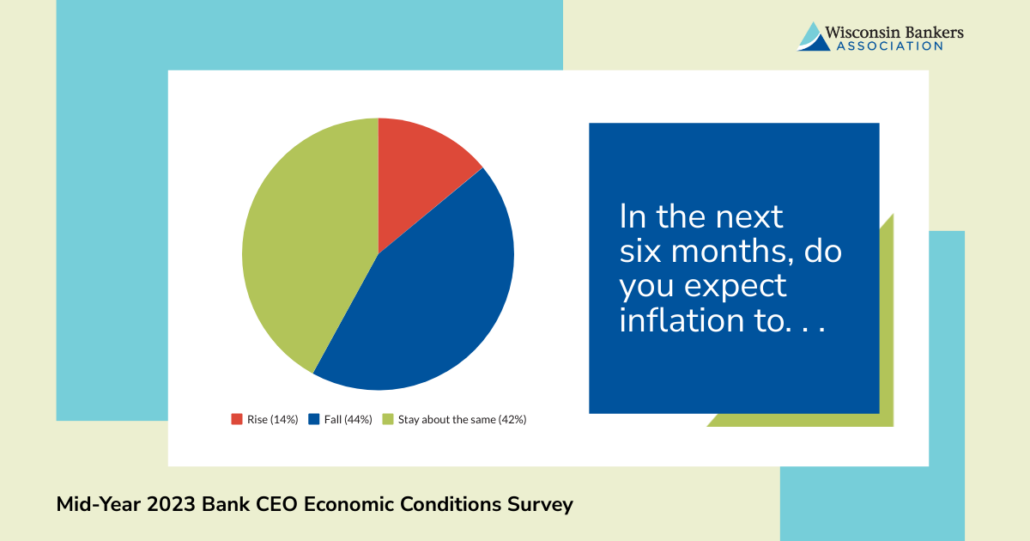
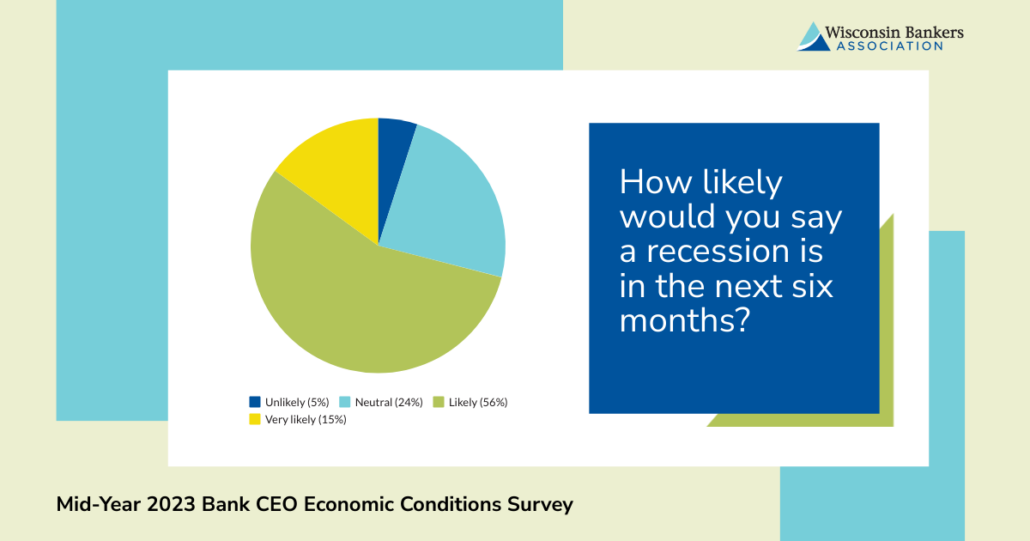




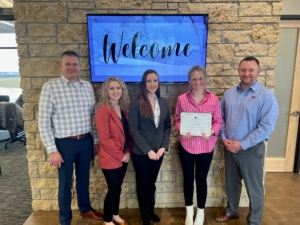
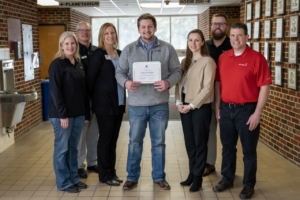

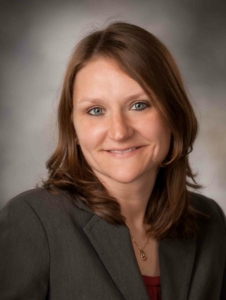 By Jenny Jereczek, Security Financial Bank, Durand
By Jenny Jereczek, Security Financial Bank, Durand
 By Lance Lansing, Wisconsin Bank & Trust
By Lance Lansing, Wisconsin Bank & Trust
